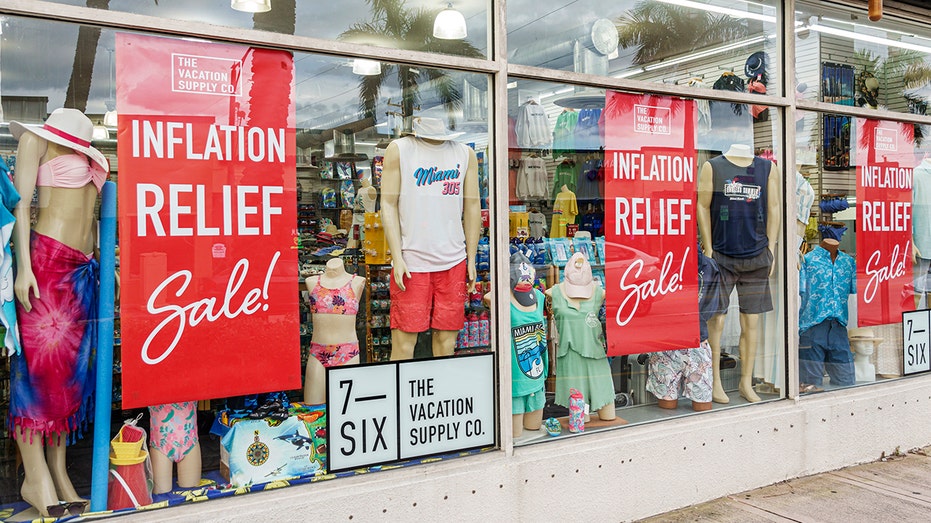A growing number of Americans making six-figure salaries are worried about paying their monthly bills, according to a new survey published by the Federal Reserve Bank of Philadelphia.
The survey shows that more than 30% of respondents earning between $100,000 and $149,999 are concerned about making ends meet within the next six months. That marks a sharp increase from one year ago, when 21.3% of individuals in that income bracket expressed concern about making ends meet.
At the same time, about 32.5% of individuals earning more than $150,000 are worried about being able to pay their bills, which also marks an increase from the 21.7% figure reported one year ago.
Interestingly, those more affluent Americans are actually more worried about their finances than many individuals who are earning less money. About 29.8% of individuals making between $40,000 and $69,999 said they are concerned, up from 23.9% last year.
SMALL BUSINESSES FACE NEW THREAT: BALLOONING RENTS
However, consumers making less than $40,000 are the most concerned, with about 40% worried about making ends meet, according to the survey.
By many measures, the economy is healthy. The labor market is continuing to chug along at a solid but moderating pace with employers adding 272,000 new workers in May. Job openings remain high, and the unemployment rate is holding mostly steady at 4%.
But Americans are also grappling with the highest interest rates in two decades and chronically high inflation that has made the cost of everyday necessities like groceries, rent and gasoline far more expensive.
While inflation has fallen considerably from a peak of 9.1% notched during June 2022, it remains above the Federal Reserve’s 2% goal. And when compared with January 2021, shortly before the inflation crisis began, prices are nearly 20%.
FED HOLDS RATES STEADY AT 23-YEAR HIGH, PROJECTS JUST 1 CUT THIS YEAR
Many families have yet to see material relief. Grocery prices are up more than 21% from the start of 2021, and shelter costs are up 18.37%, according to FOX Business calculations. Energy prices, meanwhile, are up 38.4.%.
Price hikes are particularly devastating for lower-income Americans because they tend to spend more of their already stretched paychecks on necessities and, therefore, have less flexibility to save money.
The typical U.S. household needed to pay $227 more a month in March to purchase the same goods and services it did one year ago because of still-high inflation. Americans are paying on average $784 more each month compared with the same time two years ago and $1,069 more compared with three years ago.
As they spend more on everyday goods, Americans are burning through their savings and are increasingly turning to credit cards to cover those basic expenses.

GET FOX BUSINESS ON THE GO BY CLICKING HERE
The latest findings come amid growing pessimism among U.S. households about their financial situation under President Biden.
A recent poll published by Gallup found that Americans are less optimistic about the state of the U.S. economy than they have been in recent months, and just 38% of voters have confidence in Biden to recommend or do the right thing for the economy. By comparison, in 2020, about 47% of respondents said they trusted former President Trump to do the right thing for the economy.
“Biden’s subpar rating could have significant electoral implications as not only does he have the lowest economic rating of any president seeking reelection since Gallup began tracking this in 2001, but independents trust his opponent more than him,” Gallup said.






